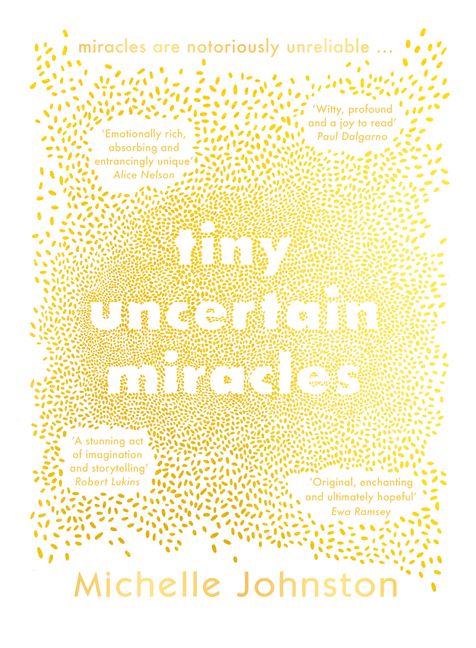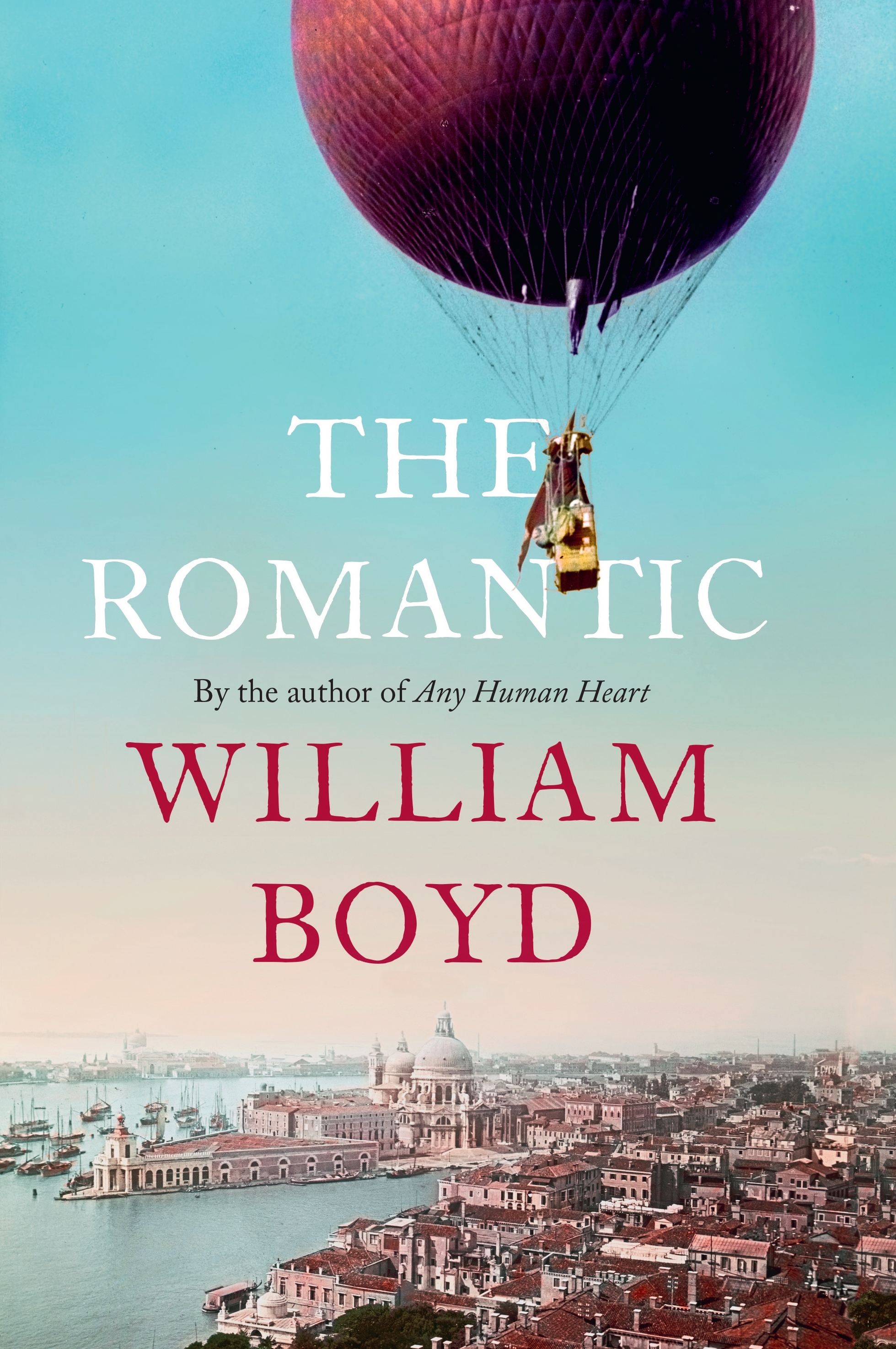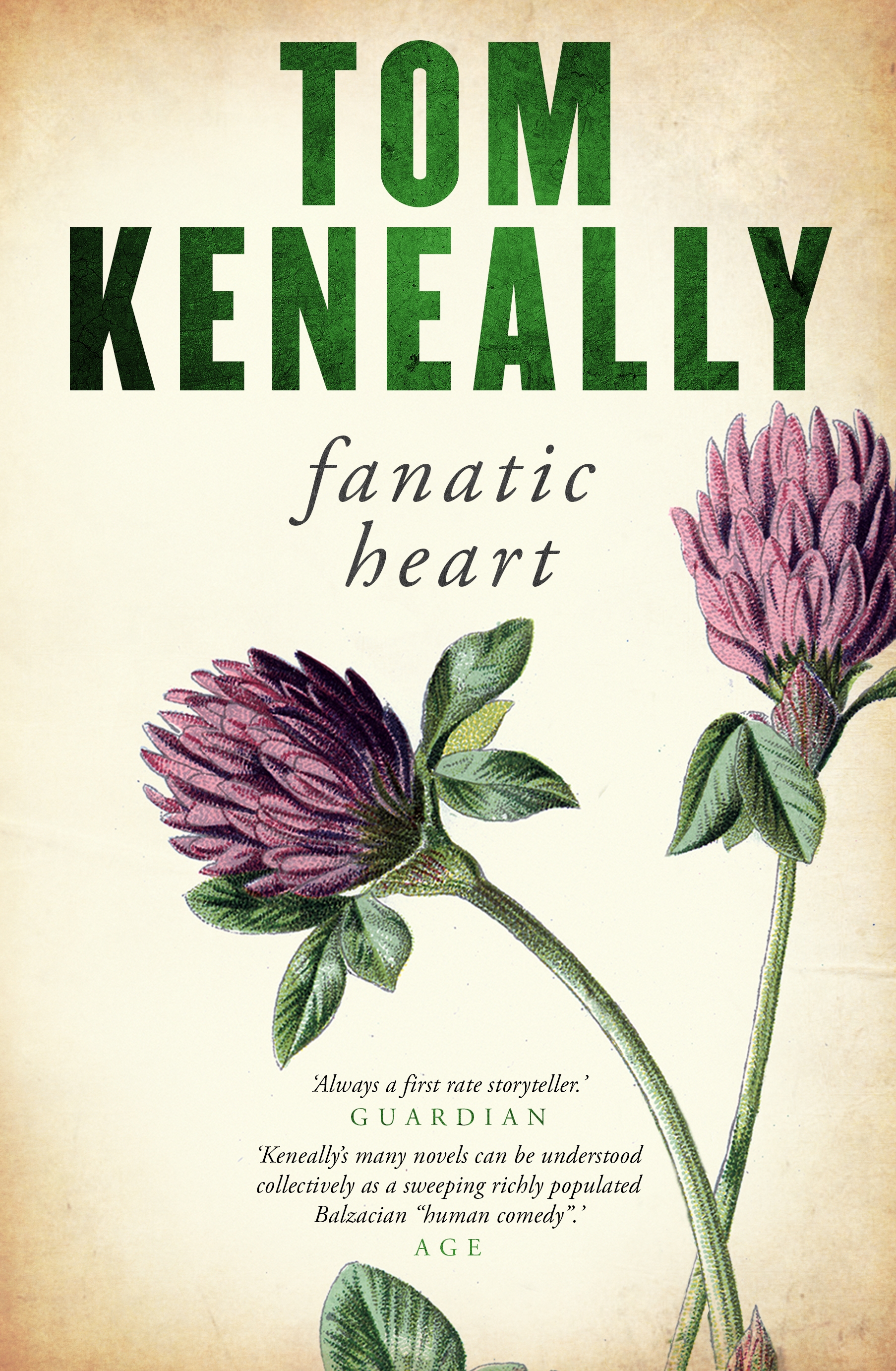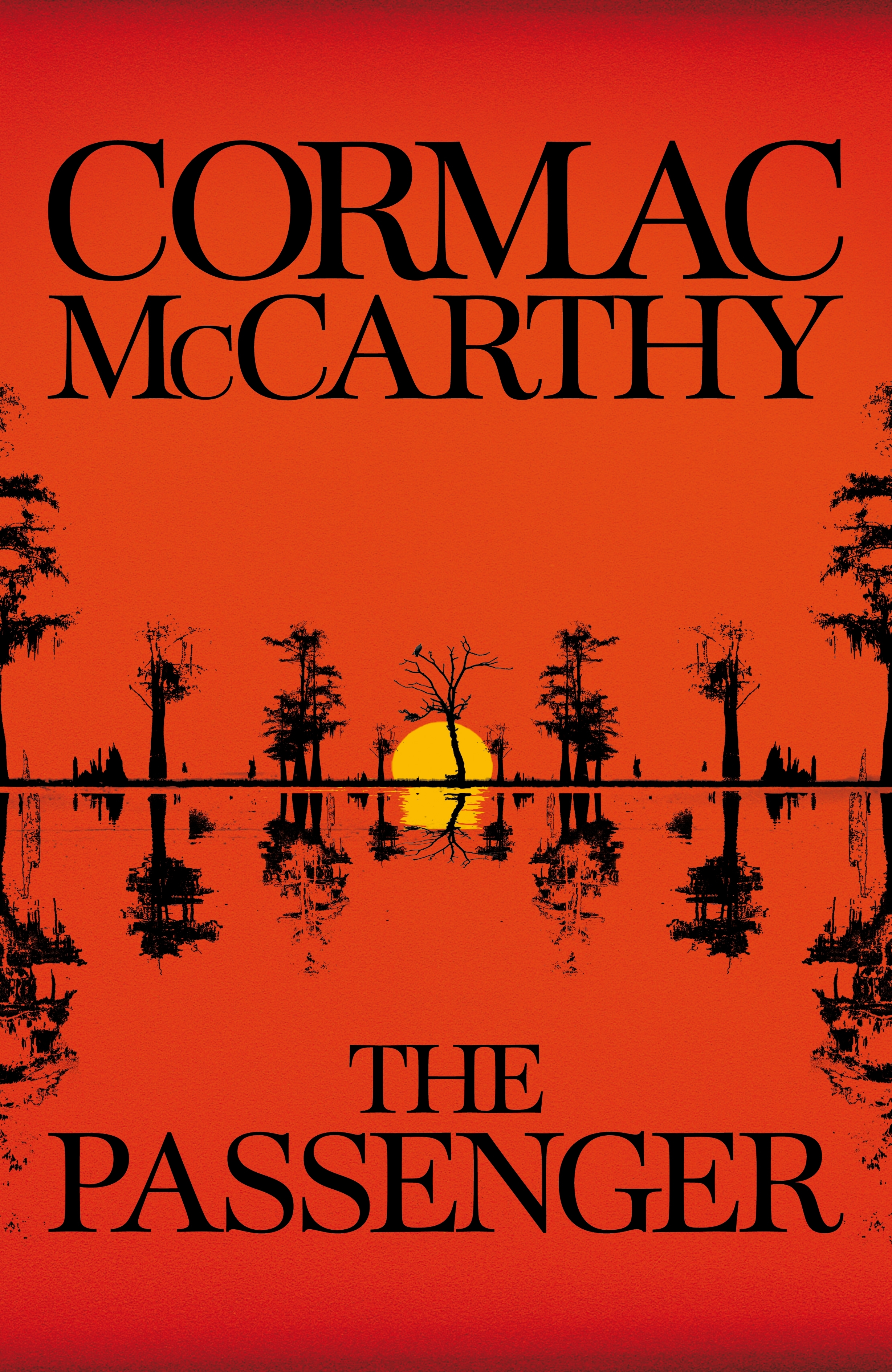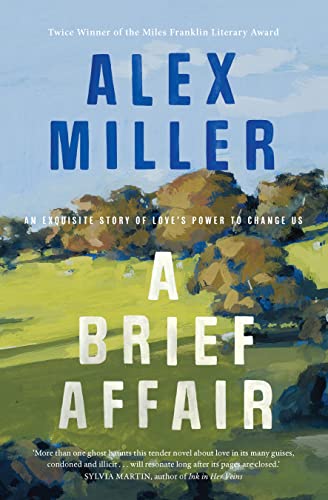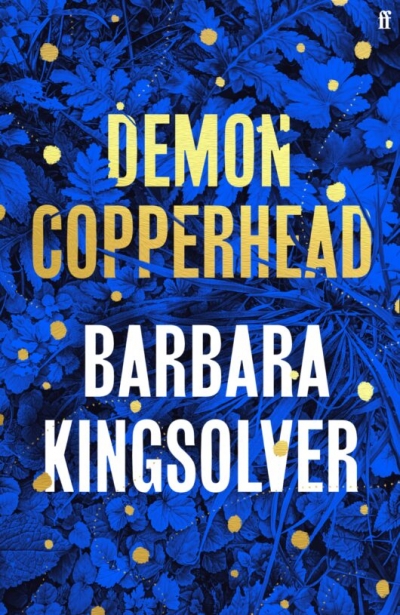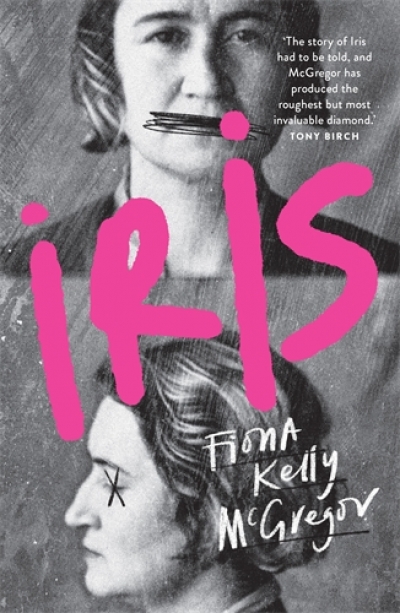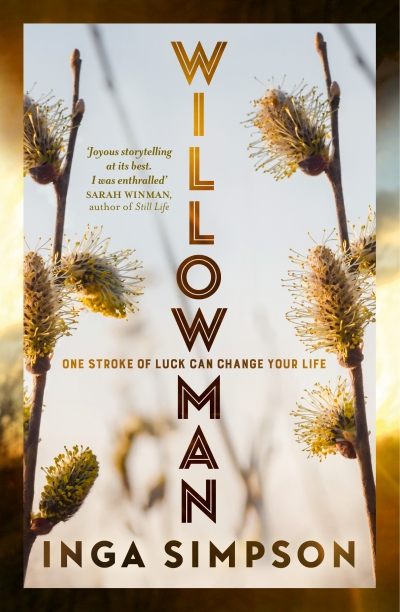Fiction
In a talk she gave recently at Writers’ Week in Adelaide, Dorothy Hewett praised Gwen Harwood as:
Working in isolation as the woman hero, charring like a cartographer the uneasy, shifting, violent, broken world of Australian women and finally, in the teeth of all opposition. proclaiming the right to love and be a hero.
Dorothy Hewett identified several other roles or figures for women writers of poetry in Australia, most particularly:
The woman as loser, lover, bleeder, the victim figure, at once perverse and self-exacting, who refuses to be second-best.
But it’s clearly Harwood’s heroic proclamation of ‘the right to love’ that Hewett admires.
... (read more)'The most beautiful experience we can have is the mysterious. It is the fundamental emotion that stands at the cradle of true art and true science.’ Albert Einstein wrote these words, originally in German, in his book The World As I See It (1934). He went on to describe the ‘knowledge of the existence of something we cannot penetrate’ as constituting ‘the truly religious attitude’, adding he ‘cannot conceive of a God who rewards and punishes’.
... (read more)There, at the back of Louis Édouard Fournier’s painting The Funeral of Shelley (1889), you can almost see him. One of the mourners to the right of Lord Byron is a tall man with light hair: one Cashel Greville Ross (1799–1882), the hero of William Boyd’s new novel, The Romantic. But Fournier’s depiction of Shelley’s cremation was a fabrication. The kneeling woman at the left, Mary Shelley, wasn’t in attendance, and neither was Cashel – for he didn’t exist.
... (read more)Nobody excoriated England like John Mitchel. He holds his place in the pantheon of Irish nationalism not for his revolutionary heroism but for the power of his rhetoric and his thundering denunciation of British misrule in Ireland, especially in the wake of the catastrophic Famine of 1845–47. Mitchel was the most militant of the separatist Young Irelanders, many of whom ended up in Van Diemen’s Land, transported after the abortive Irish rebellion of 1848.
... (read more)The Passenger by Cormac McCarthy & Stella Maris by Cormac McCarthy
A hunter discovers a woman’s body in the woods on Christmas day, ‘hung among the bare gray poles of the winter trees’, a red sash tied around her dress to make her body visible in the snow. The strong implication is that she has taken her own life. The series of events that led to her decision is one of many mysteries in The Passenger, the first of two connected and long-awaited novels by Cormac McCarthy.
... (read more)Frances Egan, ‘a smart-looking woman of forty-two’, seems to lead a charmed life. A scholar of national distinction in the field of management, she was recently shoehorned into the role of head of school by a vice-chancellor who needed a woman ‘for the appearance of the thing’. Driven by ambition (she wants to be a professor), she accepted. She and her husband, Tom, a cabinetmaker committed to traditional methods of woodcraft, live with their two children, Margie and ‘little Tommy’, on a farm near Castlemaine they bought last year, fulfilling a lifelong dream.
... (read more)The dedication in Barbara Kingsolver’s new novel reads ‘For the survivors’, and its epigraph is taken from Charles Dickens’s David Copperfield (1849), to which Kingsolver’s title pays a sly homage. Her book is a self-conscious reworking of Dickens’s famous novel about an orphan making his way in the world, with Kingsolver’s treatment being narrated by a boy born as Damon Fields in Lee County, Virginia. He acquires his nickname partly from the colour of his hair and partly from the venomous copperhead snake, and after losing his father and mother he finds himself thrown back on his own resilience and talents to keep moving forward. There are many structural parallels with Dickens’s novel – the malevolent Uriah Heep, for example, morphs here into a similarly sinister figure known as ‘U-Haul’ – but these literary allusions never become too intrusive, and Kingsolver’s novel is robustly realistic in its general demeanour.
... (read more)What is a short short story? More specifically, how short is it (or how long)? The most famous tiny example is attributed to Ernest Hemingway: ‘For sale: baby shoes, never worn.’ Whether he wrote this or not, it represents the gold standard in suggesting much in little. Like poetry, microstories or flash fictions allow no formal wobbling as authors tread a perilous tightrope between banality and inspired ingenuity.
... (read more)The accordion, or squeezebox, takes its name from the German Akkordeon, meaning a ‘musical chorus’ or ‘chorus of sounds’. This box-shaped aerophonic instrument makes music when keys on its sides are pressed, one side mostly melody, the other chords. Squeezing the instrument and playing with both hands, the musician dexterously produces polyphonous music.
... (read more)In American culture, the baseball novel is virtually a genre unto itself, baseball offering a metaphor through which the American dream – the rise and fall and rise again of unlikely heroes – might be interrogated. The prologue of Don DeLillo’s Underworld (1997) offers a stunning example: within all the noise and spectacle of a baseball final an entire nation, as it teeters on the edge of the atomic age, is apprehended.
... (read more)


